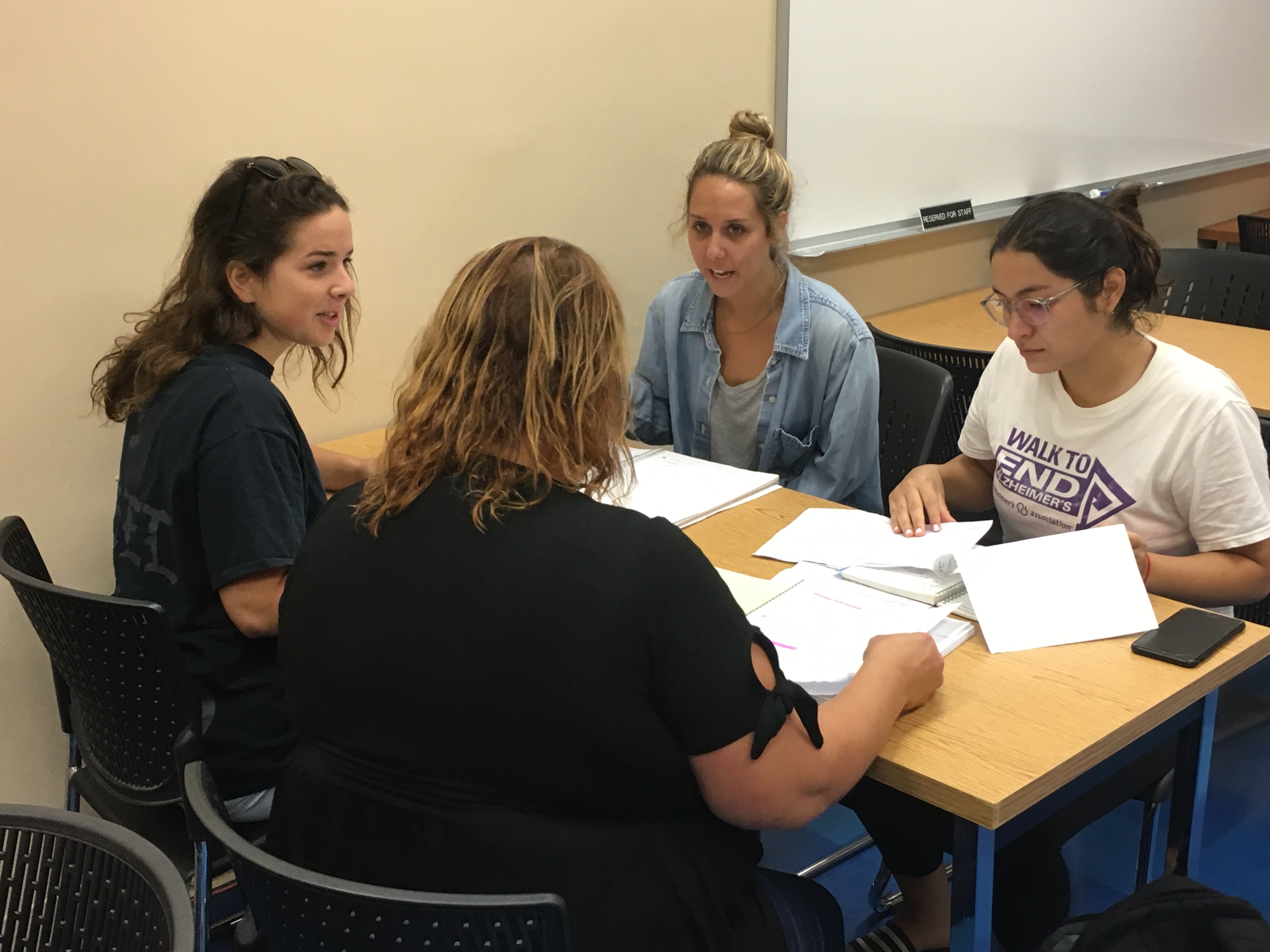Culture and Violence Study
This project sought to understand the impact of culture on survivors of intimate partner violence. Focusing specifically on survivors of Mexican, Korean, Vietnamese, and European descent, this study examined the ways that culture affects women's interpretation of violence, coping strategies, help-seeking experiences, and social, physical, and mental health outcomes. Using a convergent mixed methods design, this study conducted 193 online surveys and 112 in-person interviews with female survivors of intimate partner violence. Eight focus groups were also conducted with service providers about cultural barriers and culturally responsive services for survivors from each of our target populations. This study was funded by the National Institute of Justice, and a final report of the project can be found here.
Final Report with Appendices.pdfFinancial Freedom Study
This study sought to understand financial challenges faced by survivors of intimate partner violence and the resources, training, and support that victim advocates would need to help survivors become financially secure. Using a pre-post longitudinal design, surveys were collected from 50 survivors of IPV during their stay at one of four local domestic violence shelters and 3 months after leaving the domestic violence shelter. The goal of these surveys was to understand survivors' experiences of financial abuse and their knowledge, confidence, and experiences managing money, debt, and credit. Surveys and interviews were also conducted with 50 staff members working at 11 different IPV organizations about challenges and supports for providing economic security edcuation and services for survivors. This study was funded by Free From, a non-profit organization in Los Angeles. A final report of the project can be found here.
Financial Freedom Study_Final Report.pdfRape Kit Backlog Study
This project sought to understand the impact of the rape kit backlog on survivors and to develop recommendations for service providers and jurisdictions seeking to address the rape kit backlog in their community. Using a combination of purposive and snowball sampling, the study interviewed 76 criminal justice, advocacy, and public policy professionals and 19 rape survivors from across the country about their recommendations for rape kit notification. Inductive thematic analysis was used to derive a set of 51 unique recommendations about how and when notification should occur. These recommendations were then transformed into a survey that was sent back to participants for ratings of importance, feasibility, and acceptability. This study was funded by the Joyful Heart Foundation, and a final technical report and a shorter policy report can be accessed here.
JHF_Technical_Report_FINAL.pdf
JHF-Policy Report-FINAL.pdf
